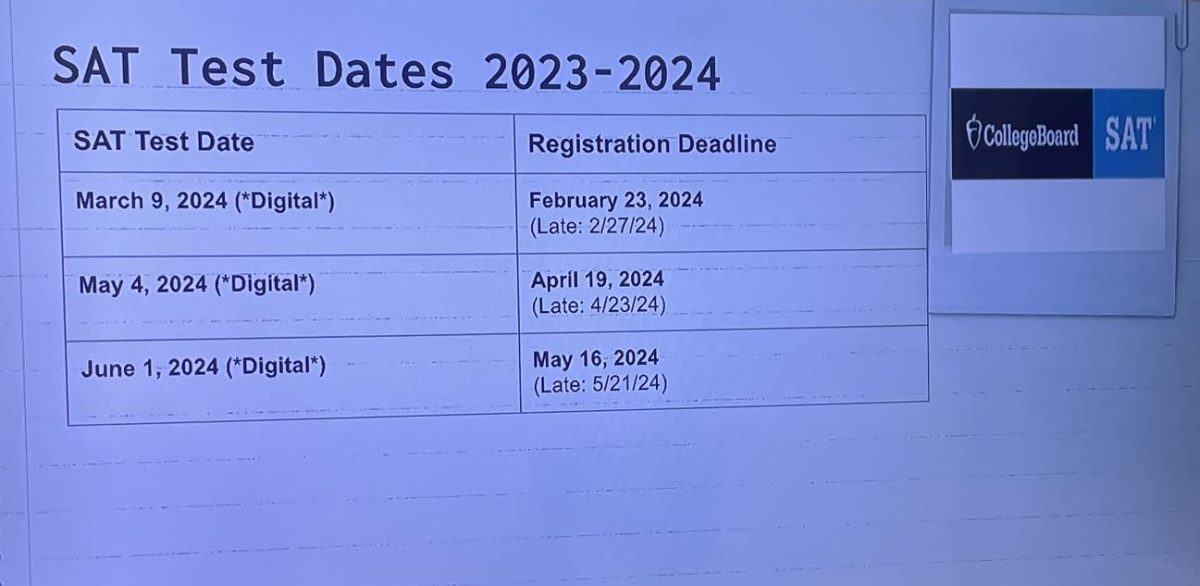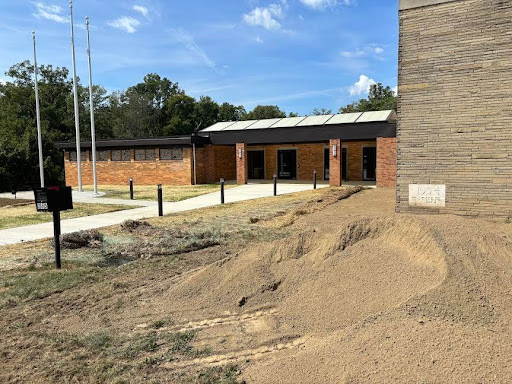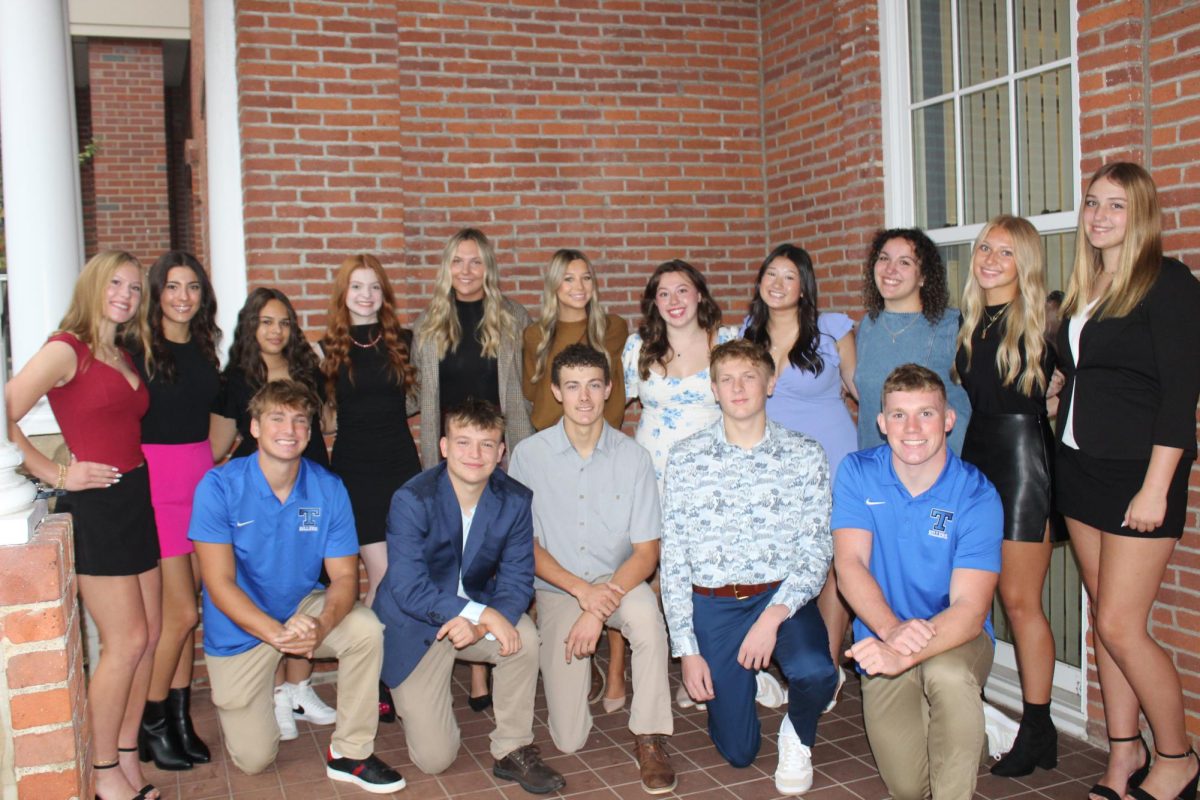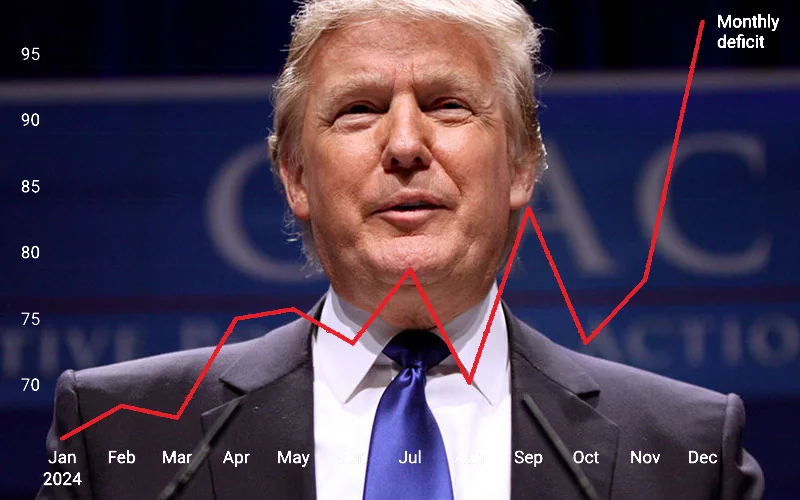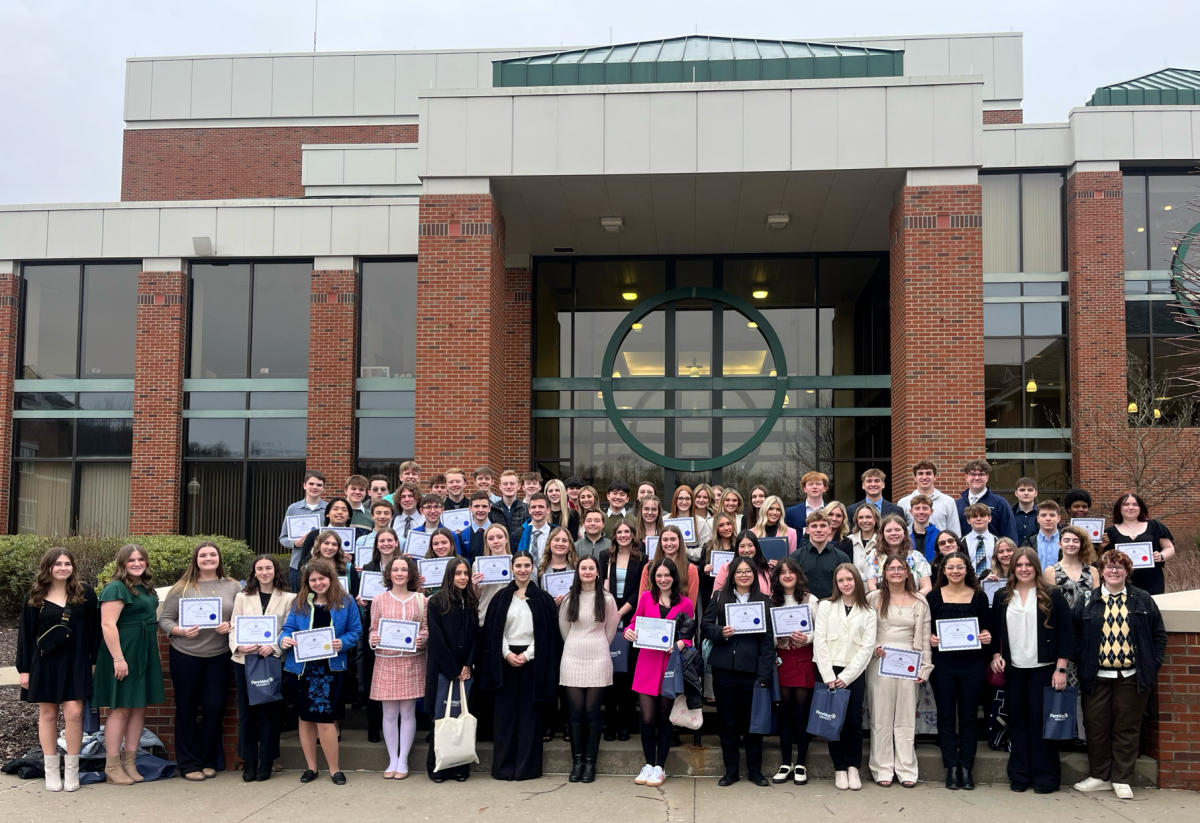It’s that time of year again, Hillers. March marks the start of testing season when everyone prepares for Keystones, AP and SAT/ACT tests. For most, this season calls for bouts of stressful cram-studying, which entails laboriously studying for long hours mere days before the test date. Procrastination is always a stressor for students with impending exams, so how can students better prepare themselves for these tests?
When beginning to study for exams, students should remember that studying for hours on end a few days before the test yields unfavorable test scores. Studies show that people who begin to study for exams further in advance retain information better than those who cram in six consecutive hours of study time the day before.
Guidance counselor Mr. Poletti advises that students should begin studying for Keystones, AP tests, and SAT/ACT exams over a month before the scheduled exam date. He remarks that studying in small increments over a longer span of time results in better test scores compared to students who began studying at the last minute.
“Give yourself a lot of time to study. I would say begin studying six to eight weeks out in short study sessions. Waiting too long will really stress you out, so make sure you balance out your study time. It’s easy to overstudy by taking out large chunks of time to study right before the test but studying that far out is more beneficial in the end,” Poletti adds.
Not only is procrastination a huge stressor that weighs down even the hardest of workers, but the stigma surrounding the “best” test scores also tends to cause much of the stress surrounding this time of year. On AP exams, for example, it is generally believed that one must receive a five on the test, which is the highest score. However, this is not always the case.
While striving for the highest score on standardized tests serves as a motivator, it is not always necessary. It is important to research what scores are accepted at individual colleges. On AP tests, schools might accept a three or four to qualify for college credit. For SAT/ACTs, it is recommended that students look into what scores are accepted at the universities they are applying to.
Another important factor to consider when preparing for these exams is finding resources to use when studying, like Khan Academy or AP Classroom. These study tools come in handy when students are looking to independently review the content they have been learning. Students can also look to their teachers for extra practice, especially for AP exams.
AP American History teacher Mr. Majoris comments, “Even as you learn new material toward the end of the year when you’re preparing for the AP test, try to connect the new stuff to everything you’ve learned leading up to that point.”
Luckily, AP teachers at Trinity do a fantastic job at preparing their students for the exams, according to Poletti. With this in mind, students should begin to think about preparing for standardized tests. Good luck, Hillers!

